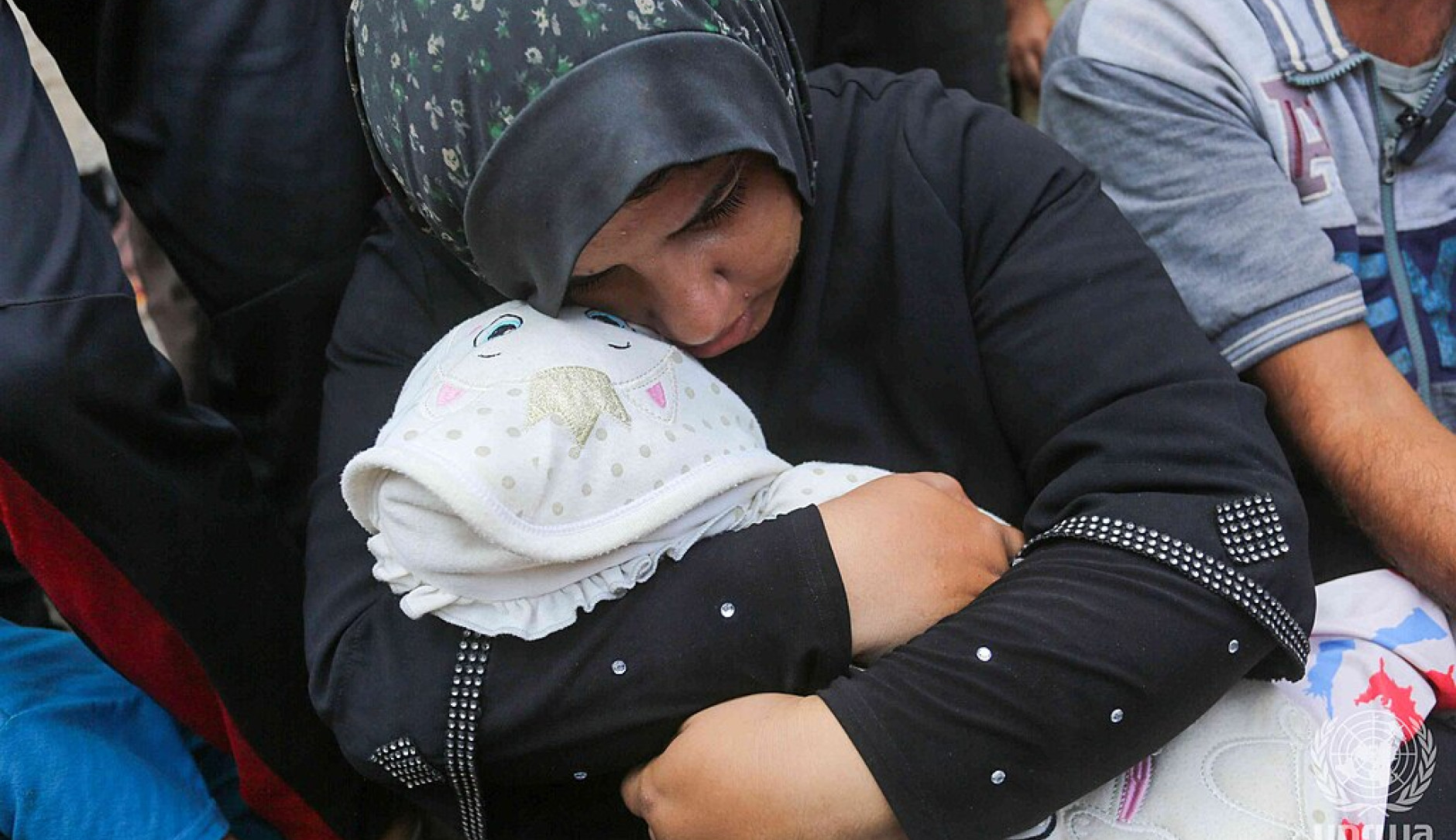The EU can no longer stand aloof when it comes to Israeli occupation policies

With no end in sight, no visible exit strategy, at the brink of further escalation, the war in the Middle East continues to bring destruction and death. There is no question: the EU and its Member States must do everything in their power to support an immediate end to the war, leading to the release of the remaining hostages and a credible path to a permanent ceasefire.
The EU can actively contribute to a long term peace, working together with Israeli and Palestinian civil society. The EU must also work towards an international policy framework that brings an end to the Israeli occupation of the West Bank, East Jerusalem and the Gaza strip.
The advisory opinion issued by the International Court of Justice (ICJ) on 19 July, on the request of the UN General Assembly, is a stark reminder of the reality of occupation: the Israeli occupation is unlawful; it also disenfranchises Palestinians of fundamental rights through a regime of systemic discrimination.
The advisory opinion of the ICJ, the most comprehensive to date, asserts that Israel “is under an obligation to cease immediately all new settlement activities, and to evacuate all settlers from the Occupied Palestinian Territory”; and that Israel has “the obligation to make reparation for the damage caused to all the natural or legal persons concerned”. The ICJ additionally demanded that other countries not “render aid or assistance in maintaining the situation created by the continued presence of the State of Israel in the Occupied Palestinian Territory”.
The EU has already imposed minor sanctions and restrictions on the settlements, excluding them from the scope of important EU-Israel agreements. For example, settlements are excluded from the Israel-EU free trade agreement and from the flagship EU science funding scheme Horizon Europe. However, the treatment of the illegal settlements across EU Member States is inconsistent, if not inconsequential. In view of the ICJ’s opinion, EU policies towards the region need to be elevated from a jigsaw puzzle to a comprehensive strategy, to put real pressure on Israel to end its occupation and settlement activity. The EU must be clear that the settlements can never profit from EU-Israel treaties, and that continuing the occupation erodes the basis of the EU-Israel association agreement.
Our inconsistency in dealing with international law violations is eroding the international rule of law that we so cherish and call upon in other parts of the world. Sympathy and support for Israel cannot and must not equate to support for continuing the occupation. In contrast, we must oppose the systematic practices of racial discrimination towards Palestinians and the level of destruction and misconduct in the current war. The EU has the means to make a two-state solution viable not only with words but with deeds, from recognising the State of Palestine to banning sales of weapons to Israel that could be used in violations of international and humanitarian law. It is time to put genuine, consistent pressure on Israel to end the occupation together with the ongoing war and move forward with the peace process.
By Francesca Romana D'Antuono and Mels Klabbers, co-presidents Volt Europa